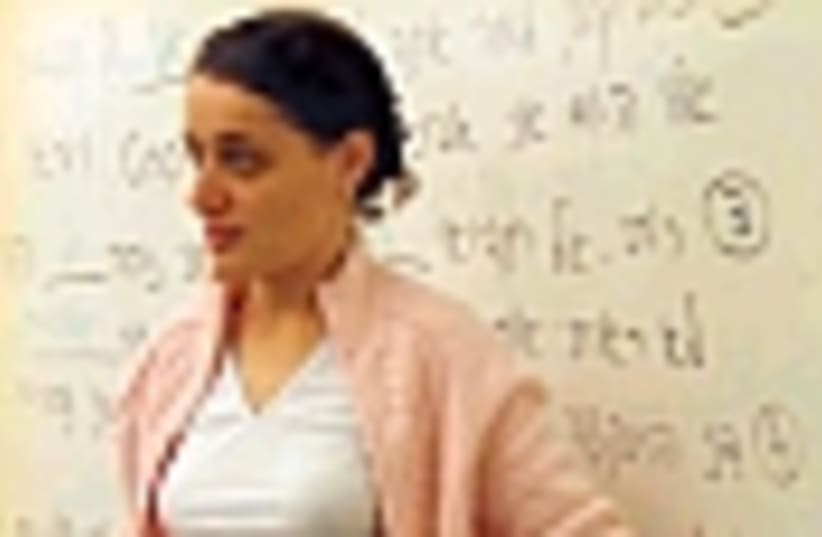| More about: | Hebrew language, Palestinian National Authority, Jerusalem, Bethlehem |
Speaking in tongues
Hebrew ulpanim in east Jerusalem are flourishing despite economic and cultural obstacles.


| More about: | Hebrew language, Palestinian National Authority, Jerusalem, Bethlehem |